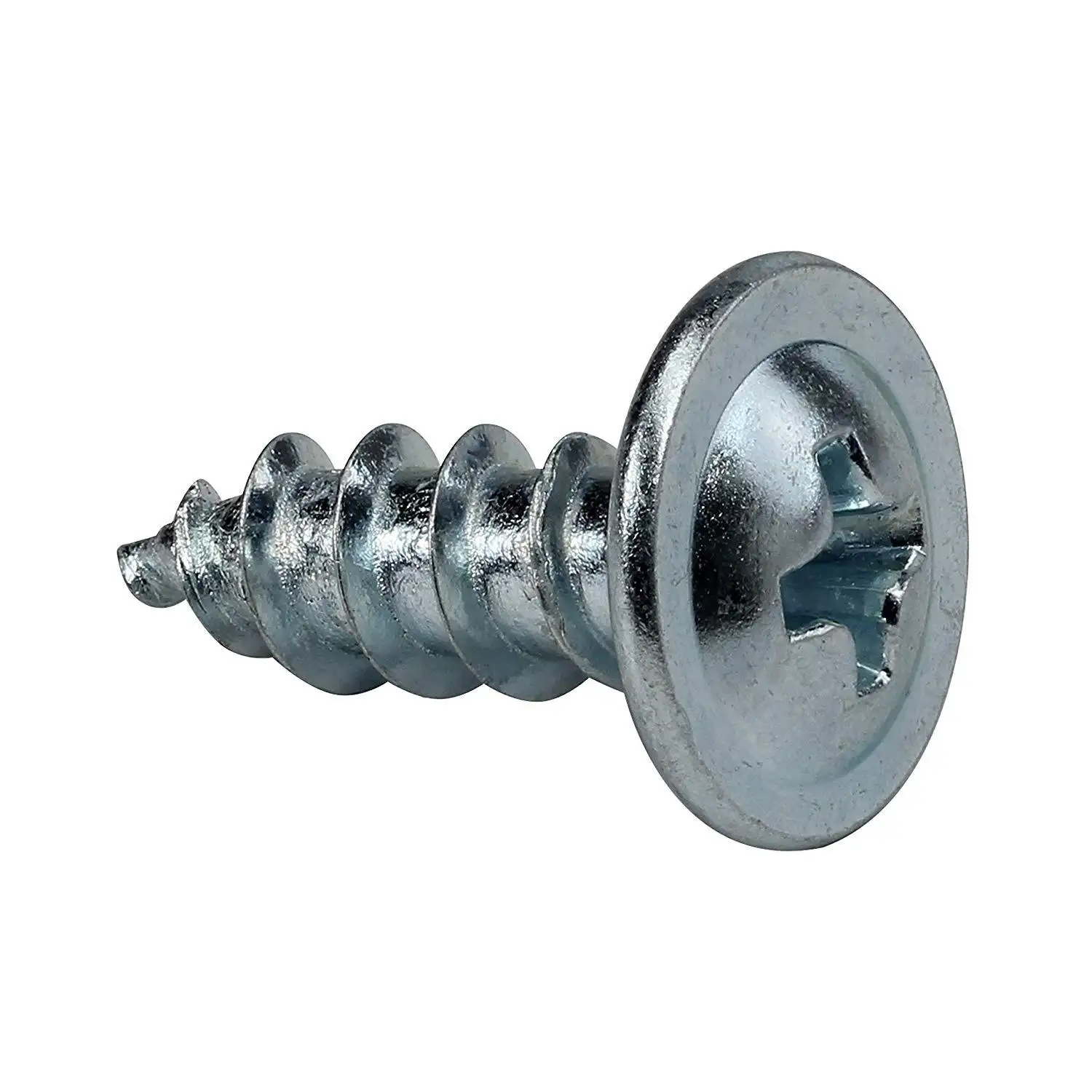Reliable Suppliers for Drywall Screw Support Solutions for Your Construction Projects and Needs
The Importance of Screw Support for Drywall A Comprehensive Overview
When it comes to construction and interior design, drywall has become a staple material due to its versatility, affordability, and ease of installation. However, the success of a drywall installation largely depends on the quality of the screws used to secure it to the framework. Herein lies the importance of selecting the right screw support for drywall, ensuring structural integrity and longevity for any project.
Understanding Screw Support for Drywall
Screw support refers to the type, size, and quality of screws used to fasten drywall panels to wooden or metal studs. The right screws ensure a secure hold, preventing issues like sagging or breaking, which can lead to costly repairs down the line. Commonly used drywall screws come in various lengths, typically ranging from 1 inch to 2 ½ inches, with specialized versions for different types of installations.
Types of Drywall Screws
There are two main types of screws used for drywall coarse-thread screws and fine-thread screws. Coarse-thread screws are typically used for attaching drywall to wood studs. Their wider, sharper threads provide a strong grip, making them ideal for softer materials. In contrast, fine-thread screws are designed for use with metal studs, as their narrower threads can easily penetrate the denser material without causing damage.
Additionally, screws are often coated to resist corrosion. Galvanized and black phosphate-coated screws are popular choices, especially in areas prone to moisture, as they reduce the risk of rust and prolong the life of the installation.
The Role of Screw Size and Spacing
Choosing the right screw size is crucial as it impacts the overall strength of the drywall installation. A screw that is too short may not reach the stud securely, while an overly long screw can puncture through the drywall surface, leading to unsightly damage. Generally, 1 ¼ inch screws are recommended for standard ½ inch drywall, while 1 ¾ inch or longer screws are suited for thicker panels.
screw support for drywall supplier

Moreover, proper screw spacing is vital. The standard practice is to place screws approximately 12 inches apart along the studs in the field of the drywall and 8 inches apart at the edges. This not only helps distribute the weight of the drywall evenly but also provides adequate support, reducing the risk of cracking or loosening.
The Benefits of Quality Screw Support
Investing in high-quality screw support for drywall offers several benefits
1. Enhanced Durability Quality screws resist bending and stripping, which can compromise the integrity of the drywall installation.
2. Time Efficiency Proper screw support reduces the likelihood of callbacks for repairs, saving contractors both time and money.
3. Improved Aesthetics Well-secured drywall with minimal imperfections results in a smoother finish, which is essential for painting and other surface treatments.
4. Long-Term Cost Savings Though high-quality screws might come at a higher initial cost, their durability and reliability make them a more cost-effective choice in the long run, preventing costly repairs and replacements.
Conclusion
In conclusion, screw support is an essential aspect of drywall installation that should not be overlooked. Selecting the right type, size, and quality of screws can ensure the structural integrity of the drywall, providing a beautiful and lasting finish to any space. By prioritizing quality and proper installation techniques, contractors and DIY enthusiasts alike can achieve successful drywall projects that stand the test of time.
-
Top Choices for Plasterboard FixingNewsDec.26,2024
-
The Versatility of Specialty WashersNewsDec.26,2024
-
Secure Your ProjectsNewsDec.26,2024
-
Essential Screws for Chipboard Flooring ProjectsNewsDec.26,2024
-
Choosing the Right Drywall ScrewsNewsDec.26,2024
-
Black Phosphate Screws for Superior PerformanceNewsDec.26,2024
-
The Versatile Choice of Nylon Flat Washers for Your NeedsNewsDec.18,2024










